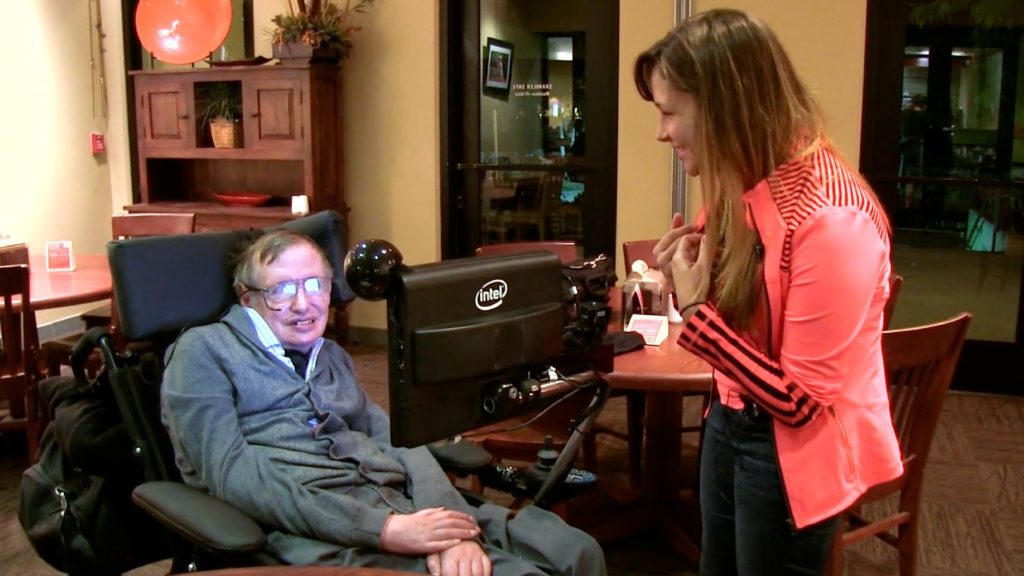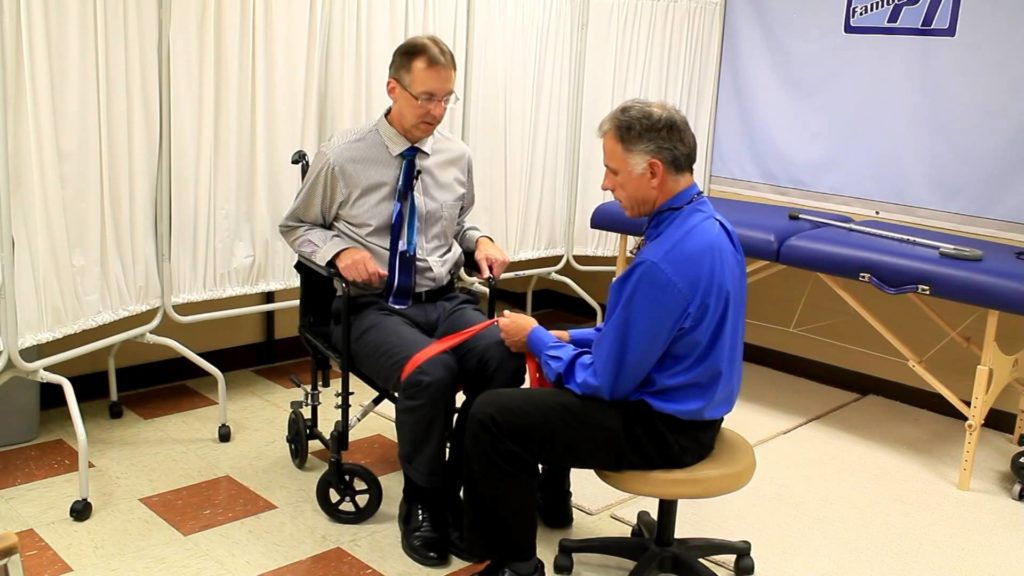
Chronic, intractable nerve pain or neuropathy can be so uncomfortable that getting through a work day will be impossible. Since Social Security defines disability in terms of how your medical problems prevent you from working, neuropathy can be a disabling condition. As I discuss in this video, disability judges expect to see reports from specialists like neurologists, nerve condition study test results and prescriptions for strong nerve pain medications like neurontin.
SSD judges also look for causation – what is the source of your nerve pain – is it a disc problem, diabetes, a medication reaction or something else. If causation is clear you may be able to argue that listing 11.14 applies, although in most cases your attorney will present a functional capacity argument – that your nerve pain has so reduced your capacity for work that you would not be reliable at any job.
If your peripheral neuropathy cannot be controlled despite your doctor’s best efforts and your compliance with recommended treatment, then your chances at winning SSDI or SSI are good.



